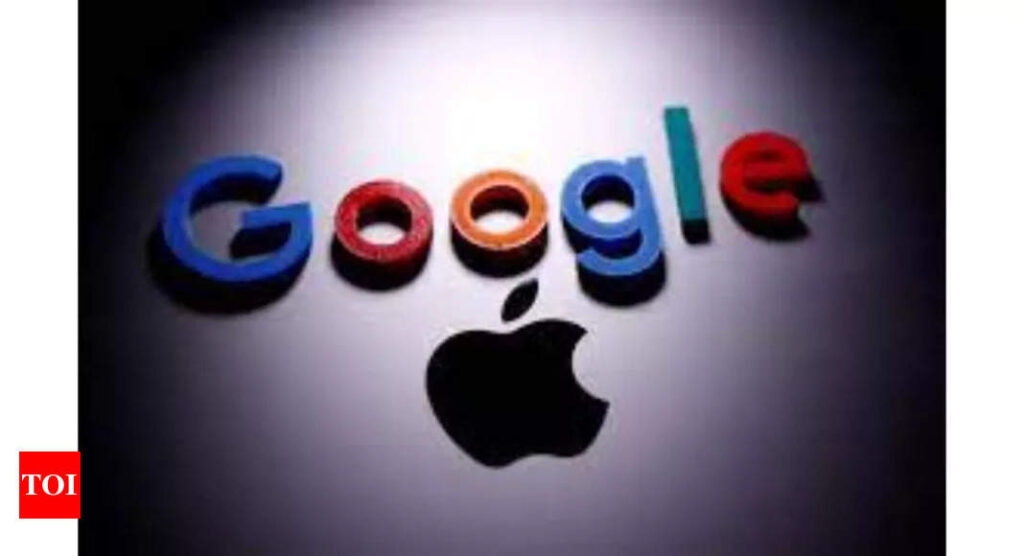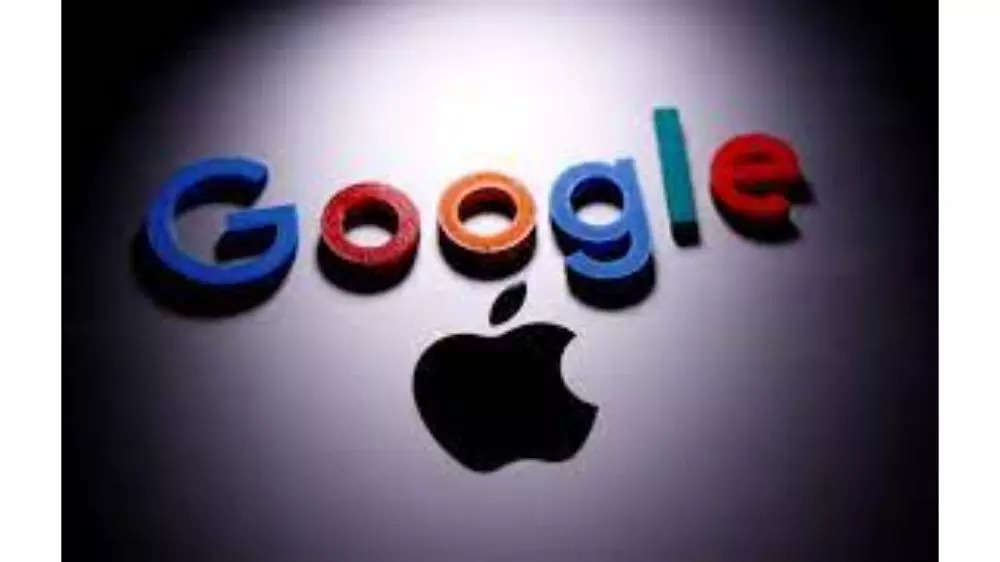[ad_1]
Google has repeatedly slammed Apple for not adopting RCS, the cross-platform messaging standard that offers features and security. It even started to mock #GetTheMessage campaign to push the iPhone maker to budge from its stance. Now, Google and a bunch of other companies have written to the European Commission to designated iMessage service as a “core platform service” that may compel Apple to make the service interoperable with other messaging services.
Apple’s Messages is just like RCS but it doesn’t support cross-platform messaging. This means that iMessage’s enhanced features like encryption and better quality photos and videos, is exclusive to Apple’s ecosystem. iPhone users who communicate via iMessage can enjoy the features and are shown in blue bubbles, while everyone else is hown in green.
iMessage serves as “an important gateway between business users and their customers” and should be regulated as a “core” service under the EU’s new Digital Markets Act (DMA), noted the group of companies, which include major European telcos.
Apple’s iMessage case
In order to be designated as ‘gatekeeper’, a company must meets two criteria: a market value of at least EUR 75 billion (approx $82 billion) and either own a social platform or app that is used by at least 45 million people every month or have at least 10,000 active business users.
Apple has argued that iMessage does not have 45 million users, which means it is not big enough to fall under the EU’s DMA purview. Notably, the European Commission is probing whether iMessage meets the requirements to be regulated under the region’s DMA rules.
How iMessage may qualify
The letter, which was signed by an unnamed Google senior vice-president along with the CEOs of Vodafone, Deutsche Telekom, Telefónica and Orange, argues that iMessage meets the threshold for being a core platform service under the DMA.
“Through iMessage, business users are only able to send enriched messages to iOS users and must rely on traditional SMS for all the other end users,” the letter said, adding that this is “without doubt justification for Apple’s designation as gatekeeper for its iMessage service.”
What Apple has to say
In a statement to The Financial Times, Apple said that “consumers today have access to a wide variety of messaging apps, and often use many at once, which reflects how easy it is to switch between them.”
“iMessage is designed and marketed for personal consumer communications, and we look forward to explaining to the commission why iMessage is outside the scope of the DMA,” the statement added.
Apple’s Messages is just like RCS but it doesn’t support cross-platform messaging. This means that iMessage’s enhanced features like encryption and better quality photos and videos, is exclusive to Apple’s ecosystem. iPhone users who communicate via iMessage can enjoy the features and are shown in blue bubbles, while everyone else is hown in green.
iMessage serves as “an important gateway between business users and their customers” and should be regulated as a “core” service under the EU’s new Digital Markets Act (DMA), noted the group of companies, which include major European telcos.
Apple’s iMessage case
In order to be designated as ‘gatekeeper’, a company must meets two criteria: a market value of at least EUR 75 billion (approx $82 billion) and either own a social platform or app that is used by at least 45 million people every month or have at least 10,000 active business users.
Apple has argued that iMessage does not have 45 million users, which means it is not big enough to fall under the EU’s DMA purview. Notably, the European Commission is probing whether iMessage meets the requirements to be regulated under the region’s DMA rules.
How iMessage may qualify
The letter, which was signed by an unnamed Google senior vice-president along with the CEOs of Vodafone, Deutsche Telekom, Telefónica and Orange, argues that iMessage meets the threshold for being a core platform service under the DMA.
“Through iMessage, business users are only able to send enriched messages to iOS users and must rely on traditional SMS for all the other end users,” the letter said, adding that this is “without doubt justification for Apple’s designation as gatekeeper for its iMessage service.”
What Apple has to say
In a statement to The Financial Times, Apple said that “consumers today have access to a wide variety of messaging apps, and often use many at once, which reflects how easy it is to switch between them.”
“iMessage is designed and marketed for personal consumer communications, and we look forward to explaining to the commission why iMessage is outside the scope of the DMA,” the statement added.
[ad_2]
Source link











More Stories
Google Maps: Three privacy features coming to Google Maps on Android, iPhones
Most-Downloaded IPhone App: This Chinese app was the most-downloaded iPhone app in the US in 2023
Ukraine’s largest mobile operator goes offline for millions of users after cyber attack